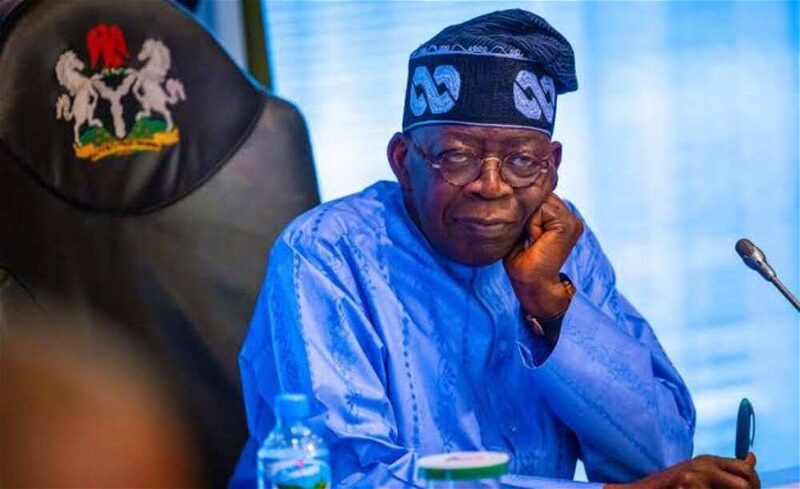Tinubu, it’s no secret that Nigeria has faced significant challenges with its leadership, a renowned author Professor Chinua Achebe attributed Nigeria’s underdevelopment directly to its leadership. While many countries around the world are progressing by appointing leaders dedicated to enhancing governance, Nigeria seems to be moving in the opposite direction.
Comparatively, past administrations in Nigeria have had varying degrees of effectiveness. Sir Abubakar Tafawa Balewa’s government, for instance, outperformed subsequent administrations like Ironsi and Gowon. Similarly, Gowon’s tenure was more promising than the Murtala/Obasanjo government, which struggled to lay a solid foundation for the nation. Despite facing criticism, General Babangida’s regime managed to improve Nigeria’s economic stability and infrastructure, following the challenging period under Major-General Muhammadu Buhari’s disastrous regime in 1984.
While General Abacha’s administration encountered significant opposition, it still provided some level of stability and infrastructural development. Surprisingly, despite its limitations, the Obasanjo government is often regarded as the most patriotic and impactful, surpassing its successors in terms of effectiveness. Even President Goodluck Jonathan acknowledged his administration’s shortcomings during his tenure.
President Buhari’s tenure, which began in 2015 with high hopes, has been marred by arrogance and incompetence, leading to widespread disappointment and hardship. Many Nigerians are now apprehensive about the prospect of another ineffective administration. Unfortunately, President Bola Tinubu’s cabinet appointments have raised concerns, with some ministers demonstrating a lack of competence and direction. This lack of clarity and vision within the government is evident in various sectors, including finance and social welfare.

Tinubu
In conclusion, Nigeria’s future hinges on effective leadership and competent governance. While past administrations have had their strengths and weaknesses, it’s imperative that current and future leaders prioritize the nation’s interests and work diligently to address its challenges.










